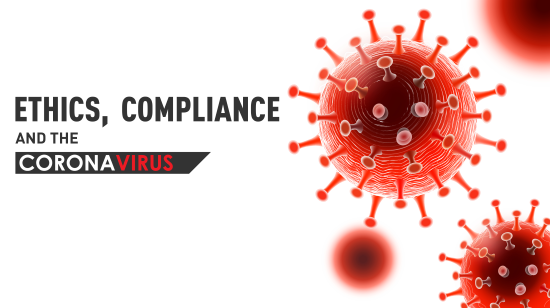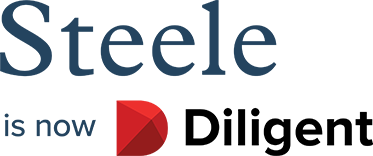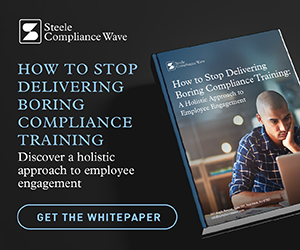4/06/20: As medical concerns rightly stand in the spotlight, the coronavirus is slamming companies with financial and administrative risks that, for most businesses, defy foresight or planning. In the shadow cast by shuttered stores and offices, laid off employees, and a dramatically dispersed digital workforce, an organization’s ethics and compliance program might be shoved to the side. That “shove” may be understandable but it carries heightened risk to the organization, both in the short term and the long term.
It comes as no surprise that an organization’s compliance and ethics program can be either a benefit or liability. A well-established and maintained compliance program with a resulting ethical culture arms an organization with critical tools to counteract misconduct and even fraud.
Research shows that an ethical culture plays an important role in an organization’s ability to recruit and retain employees, which is likely to be a critical issue when the COVID-19 pandemic loses its hold on the global population and economy.
Research also shows that misconduct may jump, not only by employees but also by leadership.
An extreme example of that breakdown of ethics and compliance is presented by Norwegian Cruise Lines, which demonstrated egregious behavior led from the top. According to a Washington Post article, the company’s managers pushed their sales teams to make sales using tactics that seem to be unusual, even among organizations hard hit by the current climate.
The article chronicles leaked emails from managers that pushed their sales personnel to close the sale, even to the point of advising cautious, potential customers that “virus-related cancellations in Asia” had created “a huge surge in demand.” False information was promoted to potential customers, including comparing the COVID-19 risk with that of the common flu.
Were the actions by the cruise line simply a one-of-a-kind example of fraud or massive misconduct? Or are other organizations experiencing far smaller but significant versions of similar misconduct?
How can an organization protect itself, its employees, its customers and the public at large from misconduct that threatens the company immediately and in the long term?
There are no single bullets, no one-shot actions that will slash the risk for unethical or even illegal behavior. There are, however, actions that can reinforce cultures and programs known to reduce the risks created by major layoffs, society-wide uncertainty, and corporate restructuring that – depending how all of this goes – are changing the way all of us view the working world.
Risk reducing actions companies can take:
- Communicate – from top to bottom and from bottom to top. Senior managers are called on to create calm and to reinforce the corporate message of ethics and compliance whenever possible. Managers play an essential role in transmitting the corporate message from the top to the bottom and must be tasked with making that job function a top priority.
- Train – Training may have to undergo changes as social distancing and off-site work expand, but it is more important than ever. Computer-based training and a diverse set of communication tools should be employed to reinforce the corporate message of ethics and compliance. Training should not be curtailed and regular reviews should be conducted to ensure that the redesigned systems are effective.
(Click here to receive Compliance Wave's free COVID-19 training modules) - Reporting – Regulatory agencies stress the importance of compliance programs at a time of increasing risk from employee cutbacks and dropping share prices. Essentially, misconduct must be reported whenever and wherever it is seen or suspected. Employee hotlines, available to in-house and distant employees should be expanded when necessary, with security reinforced for online reporting. Whistleblowers are the most common source of information about misconduct in the workplace. Giving those individuals an avenue to express concern before they feel forced to complain outside the organization is essential.
To say that we are in unprecedented times is an understatement and it is self-evident that businesses will be called on to take an out-sized role in managing both medical and financial aspects of the coronavirus pandemic. Maintaining and hardening the organization’s ethics and compliance policies, programs and culture will determine how well and how quickly our economy in general – and any individual organization in particular – survives.




